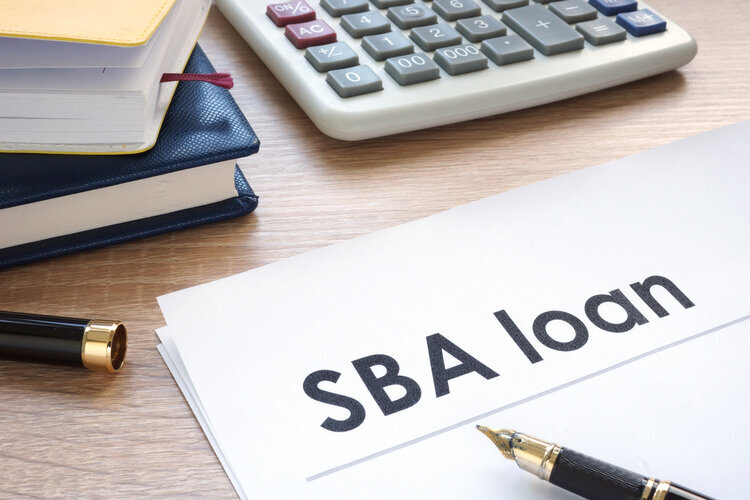Top Things Banks Look for in SBA Loan Applications
SBA loans can be competitive. Here is a checklist so you can tackle each item your lender will consider after you submit an application.
The Small Business Administration (SBA) provides loans to small businesses to help them grow and reach their goals. This funding helps small businesses get much-needed capital to get started.
A significant benefit of SBA guaranteed loans is that you’ll have longer repayment terms, and may see much higher borrowing limits. If your small business is eligible, another benefit with the SBA loan guaranty is that the SBA will repay a portion of the loan to your lender if you’re unable to pay in the future.
If you’re a small business considering applying for an SBA loan, there are a few things that your bank is sure to look at closely in your application. Make sure you cover your bases by tackling each of these items before submitting the application.
A solid business plan
First, make sure you have a clear and comprehensive business plan that outlines what your business does and how it does it. Your business plan must also detail all your financials, including how you plan to repay the loan in the long run.
According to the SBA, your business plan should answer questions such as:
-
What makes your business competitive?
-
How will you use the loan funds?
-
What are your other capital sources?
-
Why do you need this loan?
A big part of your business plan will be your numbers. Be prepared to submit detailed profit and loss statements, a cash flow analysis, bank statements, and a balance sheet. It needs to be clear how you will repay the loan and what other forms of capital you’ve already been able to raise, and what you expect to raise in the future.
Note that some financial statements may be submitted separately from your business plan. That’s why you should always have these documents ready.
Without outlining a clear, convincing, fact-based business plan, the lender will have trouble being confident in your ability to repay the loan.
A strong personal background
You’ll also need to show how you’re qualified to run the business and why it will be successful. List the skills and experience you have to ensure business success. Be prepared to provide more information about your professional background, including your resume.
What made you want to start this business? What positions have you had that have expanded your skillset? Why are you passionate about the products or services? What makes you qualified to start a successful business in your industry?
You’ve no doubt had to prepare much of this information already for pitches. But don’t underestimate the importance of convincing a lender that you’re qualified and capable of following through on your business plans.
Good credit
Your credit report will also be crucial in a lender’s decision-making process. Your personal credit report will be evaluated, so it’s wise to know your credit score and factors that could make a difference, including any late payments or large amounts of outstanding debt.
If your business is already operating, the lender will also need to look at your business’s credit report. They’ll assess the report for the same considerations as your personal report.
To know what you’re up against, and to be better prepared, pull any relevant credit reports before you apply for an SBA loan. You don’t want to be blindsided by your credit report.
Tax and legal information
Make sure you have submitted complete tax returns for at least the last three years. You’ll be required to provide both personal and business income tax returns if these are separate.
Legal documents you may need when submitting an SBA loan application include:
-
Any licenses or registrations required for your business
-
Incorporation documents
-
Vendor or third-party contracts
-
Leases for your office space
Make sure you obtain all necessary licensures or registrations before you apply for a loan.
One final note: you may be required to provide collateral with your loan application. This is property or other assets that will act as collateral if you’re unable to pay the loan according to the agreed-upon terms. However, not all loans require collateral.
It’s never worth risking being unprepared when you’re submitting an SBA loan application. Work with a financial professional who can help you gather all necessary documents and evaluate your financial position.
The Franco Blueprint team is here to help with your accounting systems, training and workshops, or general consultations if you are a new or established business. We help small businesses and entrepreneurs move forward and reach their long-term goals with our financial services. Schedule a free consultation today.


